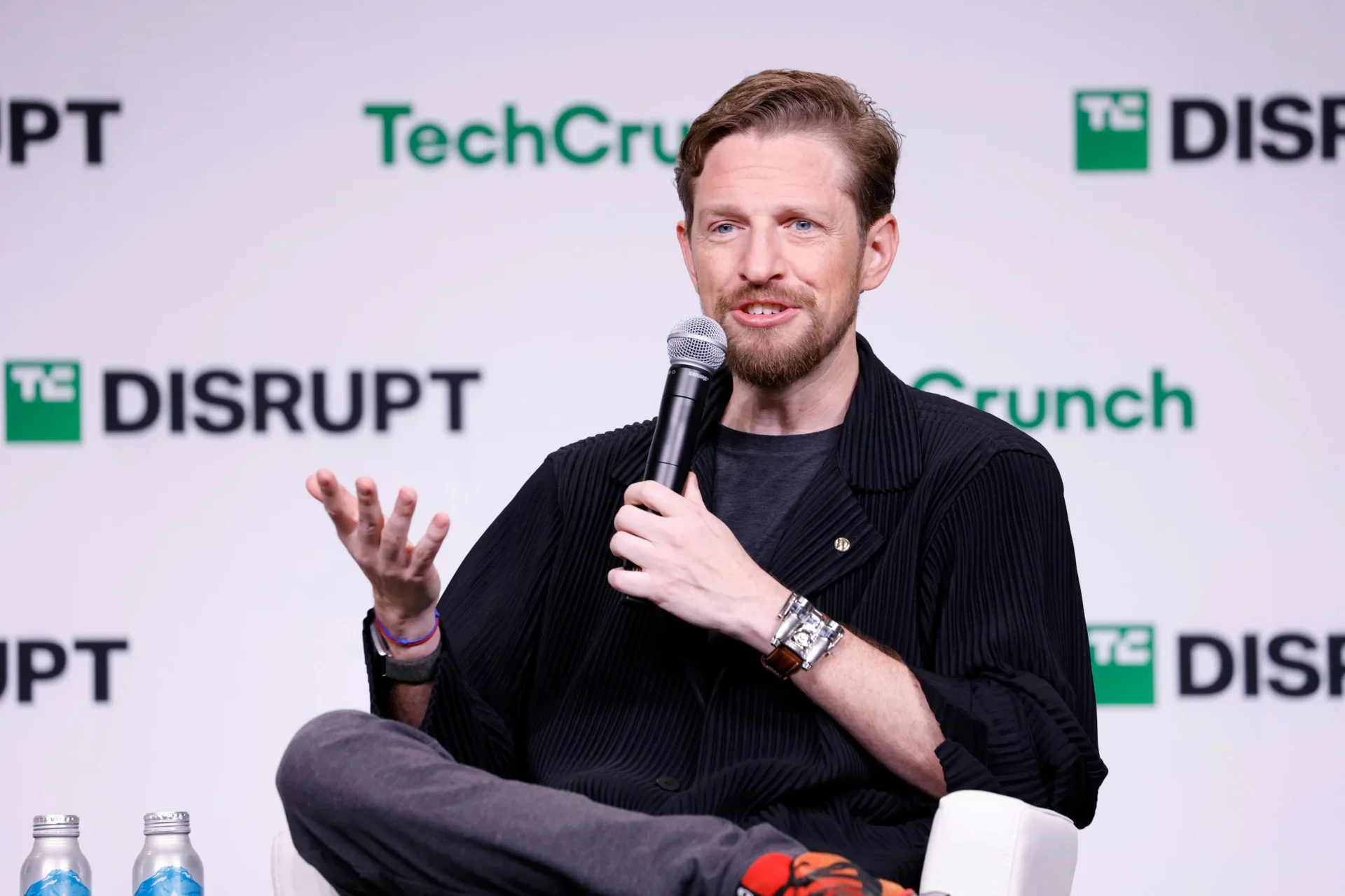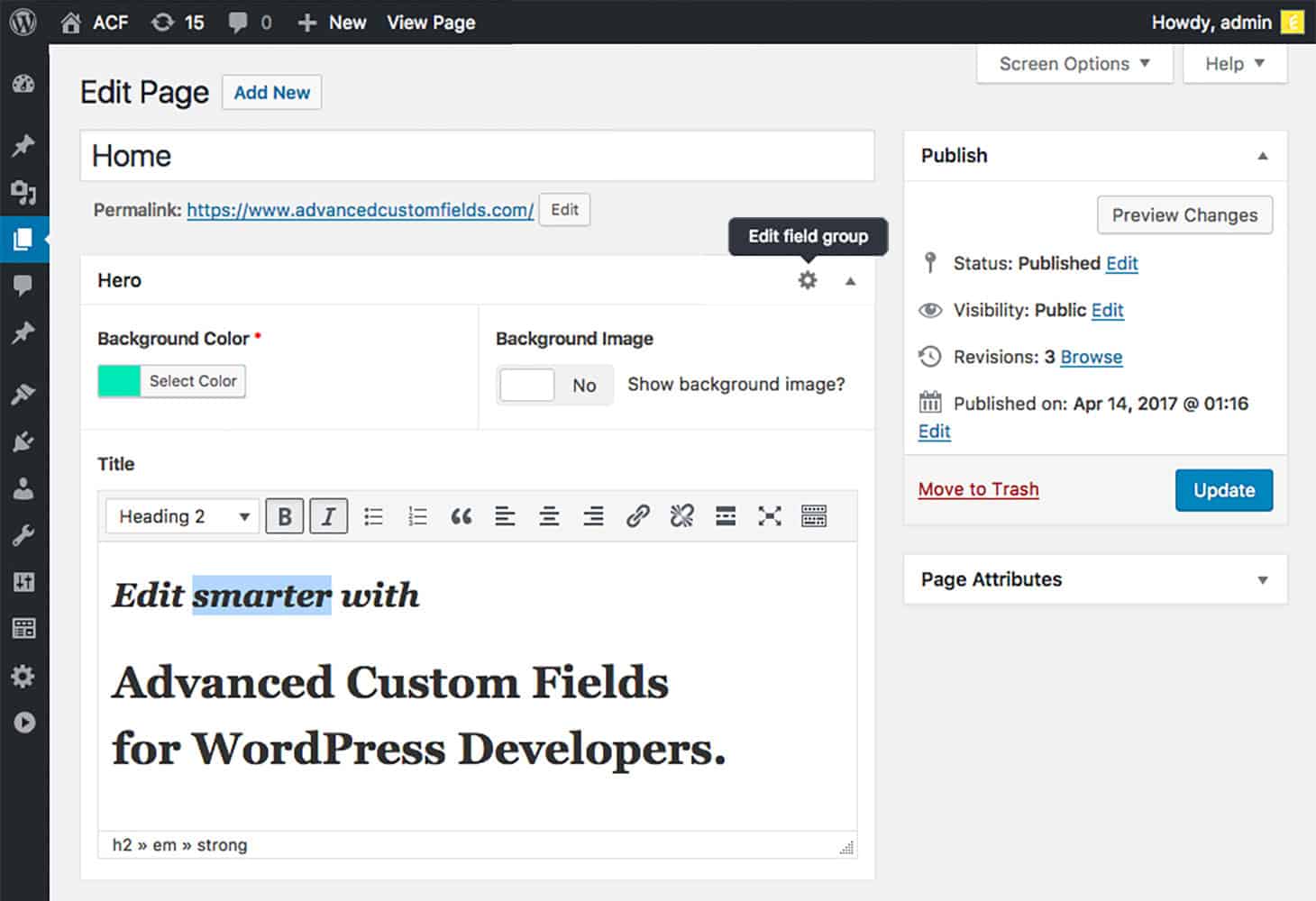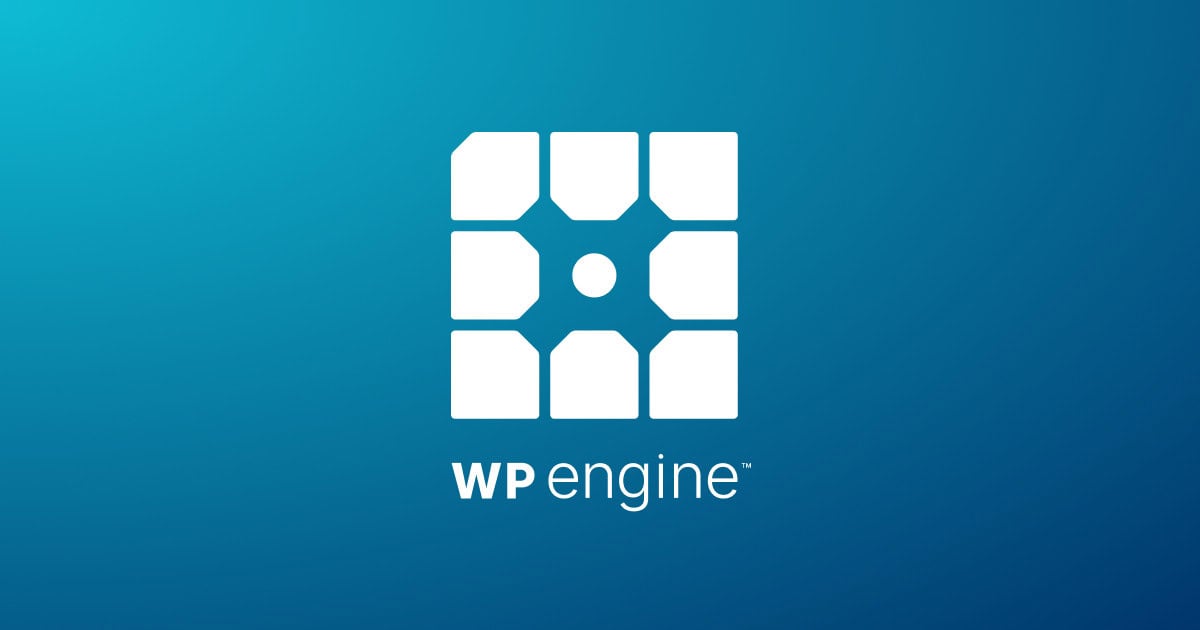Understanding the Dispute
In late 2024, a conflict arose between Matt Mullenweg, representing Automattic (the company behind WordPress.com), and WP Engine, a prominent WordPress hosting provider. The disagreement centered around trademark usage and contributions to the WordPress open-source project.Financial Times+1TechCrunch+1
Mullenweg expressed concerns that WP Engine was benefiting from the WordPress brand without adequately contributing back to the community. He criticized their use of the “WP” prefix, suggesting it could confuse users into thinking WP Engine was officially affiliated with WordPress.org. TechCrunch+1Wikipedia+1
In response, WP Engine filed a lawsuit against Automattic and Mullenweg, alleging defamation and interference with business operations. Silicon Prairie News+8The Verge+8Wikipedia+8



The ACF Plugin Controversy
A significant point of contention was the Advanced Custom Fields (ACF) plugin, a widely used tool in the WordPress community. WP Engine had acquired ACF, and Mullenweg raised concerns about its management, particularly regarding security and monetization practices. This led to WordPress.org temporarily replacing ACF with a forked version named “Secure Custom Fields.” Le Monde.fr+3The Verge+3Wikipedia+3
However, a court ruling later mandated that control of ACF be returned to WP Engine, emphasizing the importance of due process and collaboration in managing community resources. The Repository
The Importance of Open-Source Collaboration
This dispute underscores the challenges inherent in open-source ecosystems, where multiple stakeholders must balance individual business interests with collective community goals.Financial Times
Mullenweg’s actions highlight a desire to ensure that entities benefiting from WordPress also contribute to its growth and sustainability. Conversely, WP Engine’s stance emphasizes the rights of businesses to operate within the framework of open-source licenses while pursuing their commercial objectives.
Moving Forward: Embracing Community Values
Despite the tensions, the resolution of this dispute serves as a reminder of the strength and resilience of the WordPress community. It emphasizes the need for open dialogue, mutual respect, and shared responsibility in maintaining the health of open-source projects.
As WordPress continues to evolve, fostering collaboration between developers, hosting providers, and other stakeholders will be crucial in ensuring its ongoing success and relevance in the digital landscape.
Note: This article aims to provide a balanced perspective on the events described. For detailed information and updates, readers are encouraged to consult official statements from the parties involved.





